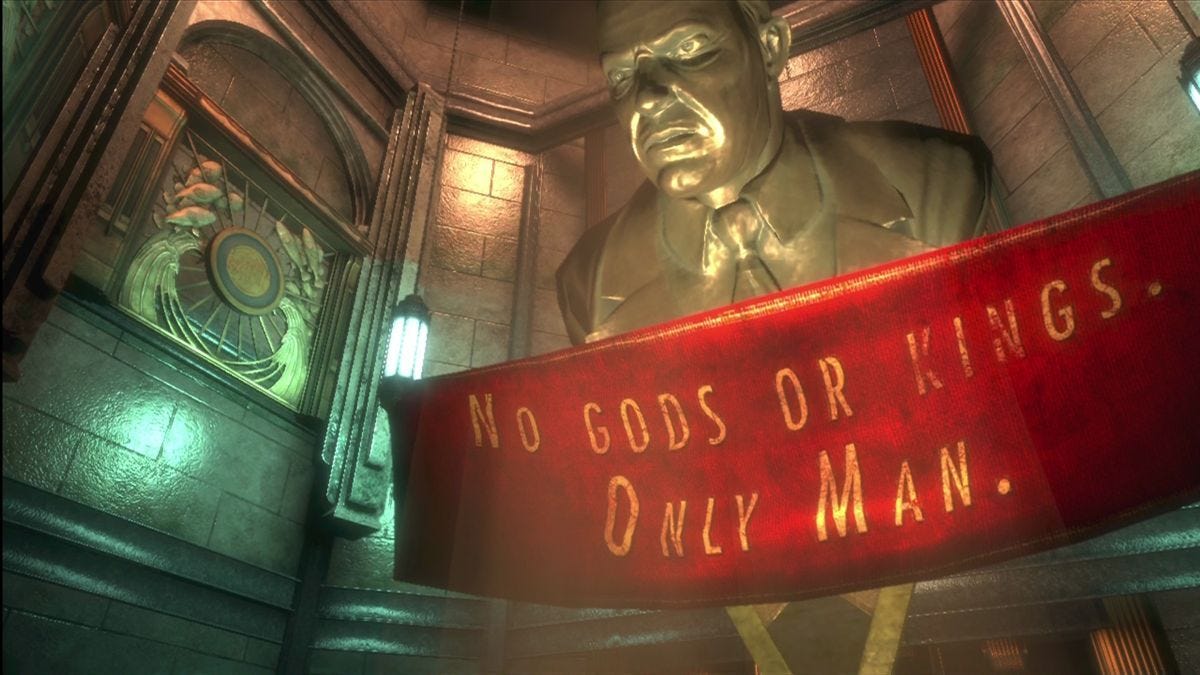Ken Levine on the Value of Corridor Design in Video Games

Ken Levine, the creator of BioShock, reflects on his game's design, describing it as a "long corridor" that limits player freedom compared to his current project, Judas. He argues that while some games restrict player agency, BioShock managed to create a sense of freedom and choice within its linear structure. Levine believes that the corridor design is essential for crafting a deliberate narrative experience, allowing players to engage deeply with the story. He contends that the rejection of corridor-style games undermines the potential for impactful storytelling in video games, emphasizing that both linear and open-world designs have their place.
- Levine critiques the trend away from corridor-style games.
- BioShock's corridor design contributed to its narrative depth and player engagement.
- There is value in curated gaming experiences despite the popularity of open-world formats.
What does Ken Levine think about the corridor design in video games?
Levine sees corridor designs as essential for crafting a deliberate narrative experience, believing they allow for deeper player engagement with the story.
How did BioShock manage to create a sense of freedom despite its linear structure?
BioShock offered players various ways to approach gameplay and make choices, creating an illusion of freedom within its predetermined path.
Why does Levine argue against dismissing corridor gaming?
He believes that rejecting corridor games overlooks the value of curated narratives, which can lead to meaningful emotional experiences similar to those found in literature and film.